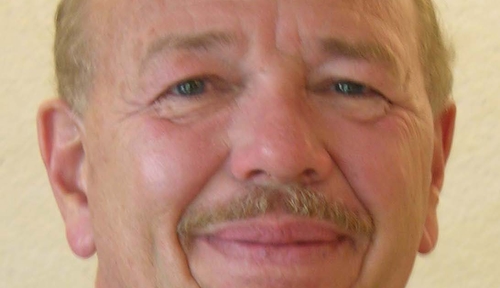The controversy surrounding Nebraska’s Safe Haven Laws revealed only part of the enormous need for mental health services. Most of those affected were parents or children with mental illnesses.
Though there are about 1.7 million residents in Nebraska, there are only 211 psychiatrists, 46 psychiatric nurse practitioners and nine psychiatric physician assistants. About 68 percent practice in the Omaha/Lincoln areas, leaving 89 of the 93 counties designated as mental health workforce shortages.
A three-year, $1.18 million grant awarded to the University of Nebraska Medical Center College of Nursing by the U.S. Department of Health & Human Services, will increase by 43 the number of psychiatric nurse practitioners available to diagnose and treat those with mental illnesses.
The Primary Integrated Psychiatric Nursing (PIPN) program will create access to two programs through enhanced distance education technology. The technology will enable students to complete course and clinical requirements through Internet-based learning and videoconferencing systems.
The programs are:
- a 44 credit hour family psychiatric nurse practitioner master’s degree, which can be completed in four semesters, or;
- a 20 credit family psychiatric nurse practitioner “Sprint Track” post master’s certificate designed for those who currently are nurse practitioners in rural areas. The program can be completed in two semesters of full-time study.
“This advanced technology will make students feel like they are sitting in the same room as the faculty member and fellow students,” said Michael Rice, Ph.D., professor of psychiatric nursing, UNMC College of Nursing and project director of the grant. “The technology also will enable faculty to supervise students in clinical settings and communicate with the students’ preceptors who supervise and monitor the students in clinical settings.”
Julia Houfek, Ph.D., UNMC College of Nursing associate professor and co-director of the grant, said the new technology helps the college overcome time and distance barriers. The technology will save time and money by reducing 10- to 12-hour nurse faculty trips to observe students in clinical settings across the state, including motel and transportation reimbursement costs.
Dr. Houfek said the grant will include recruiting students in rural and medically underserved communities, as well as minority students.
Drs. Rice and Houfek will coordinate educational and service delivery training with the Behavioral Health Workforce Center (funded by Nebraska Legislative Bill 603). The act provides funding to increase the number of psychiatric residents and interdisciplinary training of mental health providers in the state.
The grant is one of five grants totaling $4.26 million awarded recently to the college that will enhance and expand Nebraska's nursing workforce.
For more information, contact Dr. Rice, mjrice@unmc.edu, (402) 559-5464, or Beth Syphers, project coordinator, bsyphers@unmc.edu, (402)559-3858.
In Nebraska
–an estimated 246,999 adults have a diagnosable mental illness in need of treatment
–an estimated 64,500 suffer from a serious mental illness
